Heart disease is often thought of as a condition driven primarily by factors like diet, exercise, and genetics. However, Dr. Christopher Davis, a pioneer in functional medicine and a triple-board certified interventional cardiologist, highlights another often-overlooked contributor: environmental toxins. From air pollution to household chemicals, the environment we live in can significantly impact heart health in ways we’re only beginning to understand. Dr. Davis believes that by understanding and reducing our exposure to these toxins, we can better protect our cardiovascular health and overall well-being.
While cholesterol is a well-known risk factor for heart disease, it’s not the only culprit. Heavy metals like lead, mercury, cadmium, and arsenic, as well as pesticides like glyphosate, can damage your arteries and increase your risk of cardiovascular problems. These kinds of toxins and heavy metals cause inflammation in the body and it impacts heart health as well.
What Are Environmental Toxins?
Environmental toxins are harmful substances found in our surroundings, including pollutants in the air, chemicals in our water supply, pesticides in our food, and even materials used in our homes and workplaces. Dr. Davis explains that while our bodies are equipped to handle some level of toxins, prolonged exposure to certain chemicals and pollutants can be fatal for our natural defenses. This toxic buildup plays a role in many health conditions, including heart disease. Following are some sources of environmental toxins:
Air Pollution: Emissions from vehicles, factories, and other industrial processes release harmful particles and gases, including carbon monoxide, nitrogen dioxide, and sulfur dioxide, which can damage the cardiovascular system.
Heavy Metals: Metals like lead, mercury, and arsenic, which are often found in water supplies and certain foods, are known to accumulate in the body over time and contribute to inflammation.
Pesticides and Herbicides: Chemicals used in agriculture can enter our food supply and pose risks to our health, especially with long-term exposure.
Household Chemicals: Cleaning agents, air fresheners, and plastics release volatile organic compounds (VOCs) and endocrine-disrupting chemicals, which can affect both respiratory and cardiovascular health.
The Connection Between Toxins and Heart Disease
Dr. Davis emphasizes that toxins contribute to heart disease through several pathways, most notably by promoting chronic inflammation and oxidative stress. Here’s how:
The Role of Air Pollution in Heart Health
Air pollution is one of the most well-known environmental contributors to cardiovascular disease. Some studies show that both short-term and long-term exposure to polluted air has been linked to increased cardiovascular events, such as heart attacks and strokes. Fine particulate matter, a major component of air pollution, is small enough to enter the bloodstream through the lungs, where it can then travel to the heart and blood vessels, causing inflammation and oxidative damage.
“Air pollution is more than just a respiratory risk,” Dr. Davis warns. When these particles enter our bloodstream, they affect the cardiovascular system directly, raising the risk of arrhythmias, heart attacks, and even sudden cardiac death. Living in areas with high levels of pollution can shorten life expectancy and significantly increase the likelihood of cardiovascular issues.
Heavy Metals and Heart Disease
Heavy metals like lead, mercury, and cadmium are another serious risk factor. These metals accumulate in the body over time and are difficult to eliminate. Dr. Davis explains that exposure to heavy metals often leads to arterial damage and hypertension. For example, lead, commonly found in old pipes, paints, and even some foods, has been directly linked to an increased risk of high blood pressure and cardiovascular disease. Mercury, often found in certain types of seafood, is also known to cause oxidative stress, which can damage blood vessels and elevate the risk of heart disease.
Reducing Exposure to Environmental Toxins
Reducing exposure to environmental toxins is key to supporting long-term well-being and cardiovascular health. Here are some tips that can help you reduce your exposure to toxins:
Healthy Diet Choices: Consuming organic produce when possible can reduce exposure to pesticides. Dr. Davis also suggests focusing on foods rich in antioxidants—such as berries, leafy greens, and nuts—as they help combat oxidative stress caused by toxins.
Filtered Water: Investing in a quality water filter can reduce exposure to heavy metals and other contaminants in tap water. Dr. Davis stresses that staying hydrated with clean water is essential for supporting the body’s natural detoxification processes.
Avoid Plastics and VOCs: Minimizing the use of plastics, especially for food storage, can reduce exposure to endocrine disruptors. Using natural or organic household cleaners can reduce the number of volatile organic compounds in your home environment.
Regular Detoxification: Dr. Davis advocates for regular detoxification practices, such as exercise, sweating, and consuming fiber-rich foods, to help the body naturally eliminate accumulated toxins.
Conclusion
Dr. Christopher Davis believes that while we can’t avoid all environmental toxins, being aware of their impact on heart health is a critical step in prevention. He strongly advises patients to take a proactive approach by making lifestyle changes that reduce exposure and support the body’s ability to cope with toxins. Environmental toxins are an invisible threat, but their impact on our health is very real.
By recognizing how these toxins contribute to heart disease, individuals can take meaningful steps to protect their cardiovascular health. Dr. Davis’s approach integrates functional medicine with traditional cardiology, emphasizing that heart health is not just about genetics or lifestyle but also about the environment we live in.




